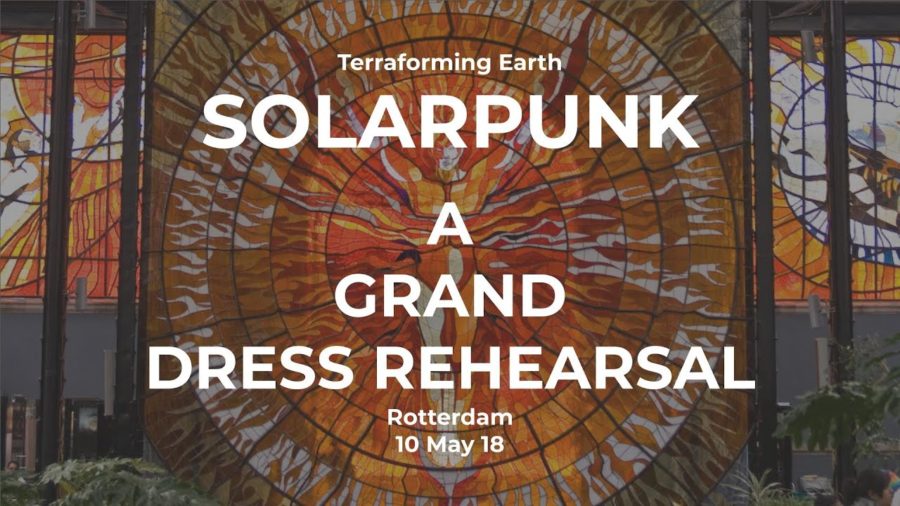Many of the concerns of the cyberpunk genre have come true. The rise of corporate power, ubiquitous computation, and the like. Robot limbs and cool VR goggles. But in many ways, it’s far far worse.
Archive (Page 1 of 2)
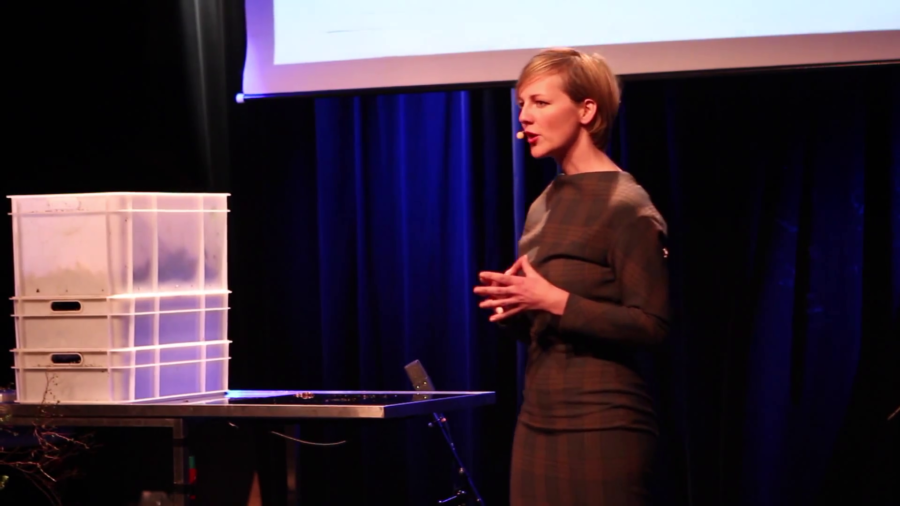
What I want to tell you is that in 2050 we don’t even have waste anymore. There will be no waste in 2050. Everything will be seen as a treasure, because we will have created what some smart people call a circular economy.
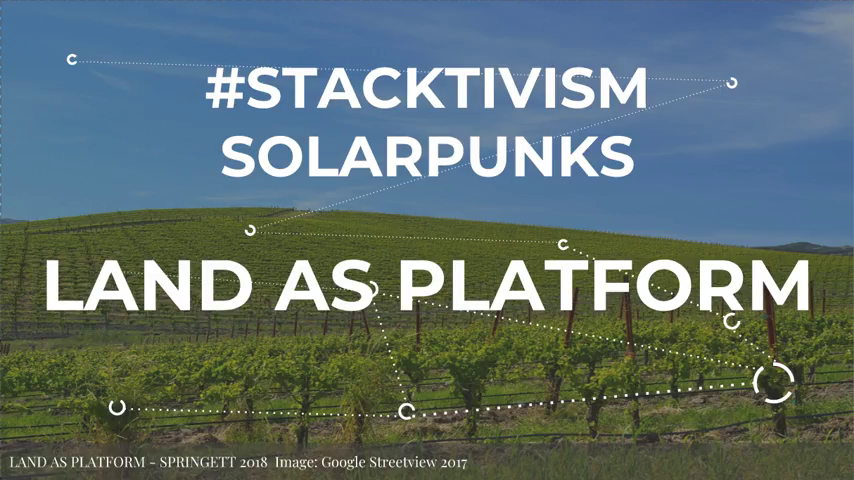
When we think about short-term thinking, how short-term is short-term? Because if you plant a tree, like an oak tree, it takes 100 to 120 years for an oak tree to be fully grown. So anything between the point in which you plant the tree to when the tree is fully grown is short-term thinking, when we speak about land.
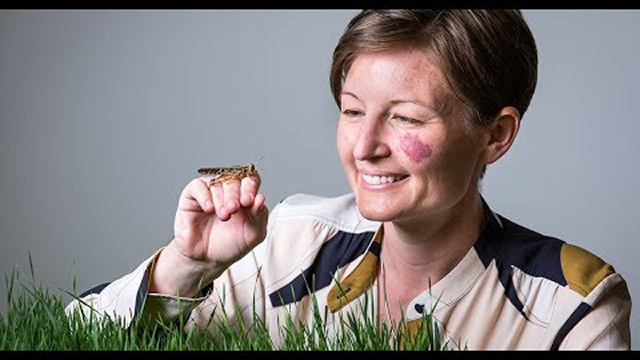
All locusts are grasshoppers, but not all grasshoppers are locusts. Locusts are grasshoppers that when exposed to specific environmental cues will form mass migrations and become a continental-level challenge. The immediate impacts of locusts on agriculture are obvious. For example, the desert locust plague in Western and Northern Africa that occurred between 2003 to 2005 cost an estimated 2.5 billion US dollars in crop losses.
We have even in the United States serious and growing water scarcity challenges. We have contamination problems with chemicals that we have not adequately regulated here in the United States. We have conflicts between states in the United States about who gets to use what water to do what. We have evidence that climate change is already influencing water demand, affecting water availability, changing extreme events. There are a whole suite of water-related problems, here, unrelated to these basic human need challenges that’re pressing in other parts of the world.
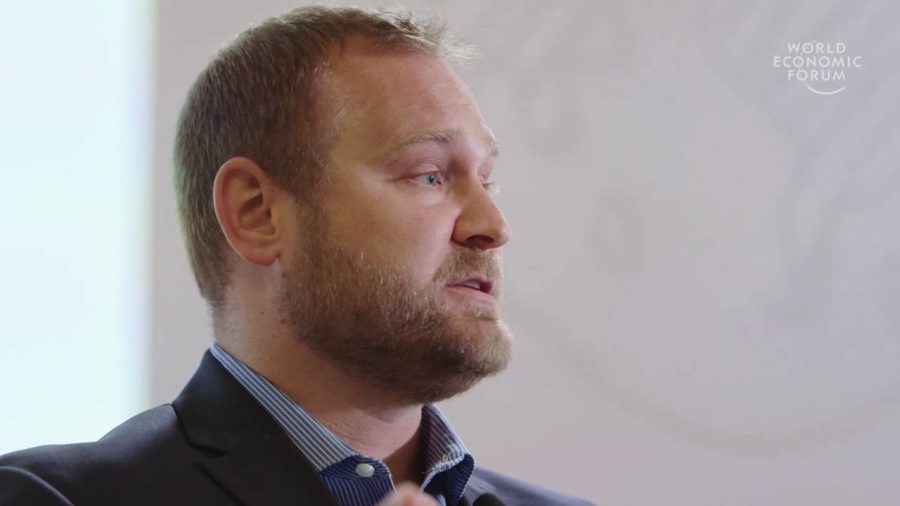
The United States plants more than 170 million acres of corn and soybeans a year, more than any country in the world. And the primary mechanism in the US that we use to subsidize agriculture is actually called the Federal Crop Insurance Program. So, the crop insurance program in the US is also the largest such program globally, with over $100 billion in liabilities annually. So it’s a very big program.

In many countries, the very ability to eat a food like avocado is a direct benefit of international trade. We are eating on an interconnected planet. Food trade now shapes land use worldwide and is reshaping the food supplies of many nations.
My thinking is how do we design systems that provide for every aspect of our humanity? How do we design a city that cares for all of our needs? You know it’s not just thinking about shelter, but it’s thinking about our food and our air and so, obviously the types of industry we have are very different, because we have to make sure that our air and our water is clean. And that our food is readily available, and that we have spaces for contemplation and reflection. And that we have places for communing with each other.
Some of my artist friends think what I’m doing isn’t art, and I’ve given up on art. It’ll take care of itself. You know. I mean it’s always been there, it will always be there, and we always know that new art never looks like art at first, ever. So why should this be any different? We just have to trust the process. And I would say that must be true for every other discipline.
You’re dealing with timescales that are beyond humans’ interest. I mean, it’s sorta like global warming. The heat that we have now built up, that carbon was burned thirty years ago. It’s going to take a while for the correction process. So, if you have the elements of the phosphorus, the potassium, the manganese, and so on, it can be built back pretty fast. But a shorthand way of putting it is that soil is as much of a non-renewable resource as oil. And, more important than oil. I mean, we’re talking about stuff we’re made of. So that’s why I’ve said that the plowshare has destroyed more options for future generations than the sword.

